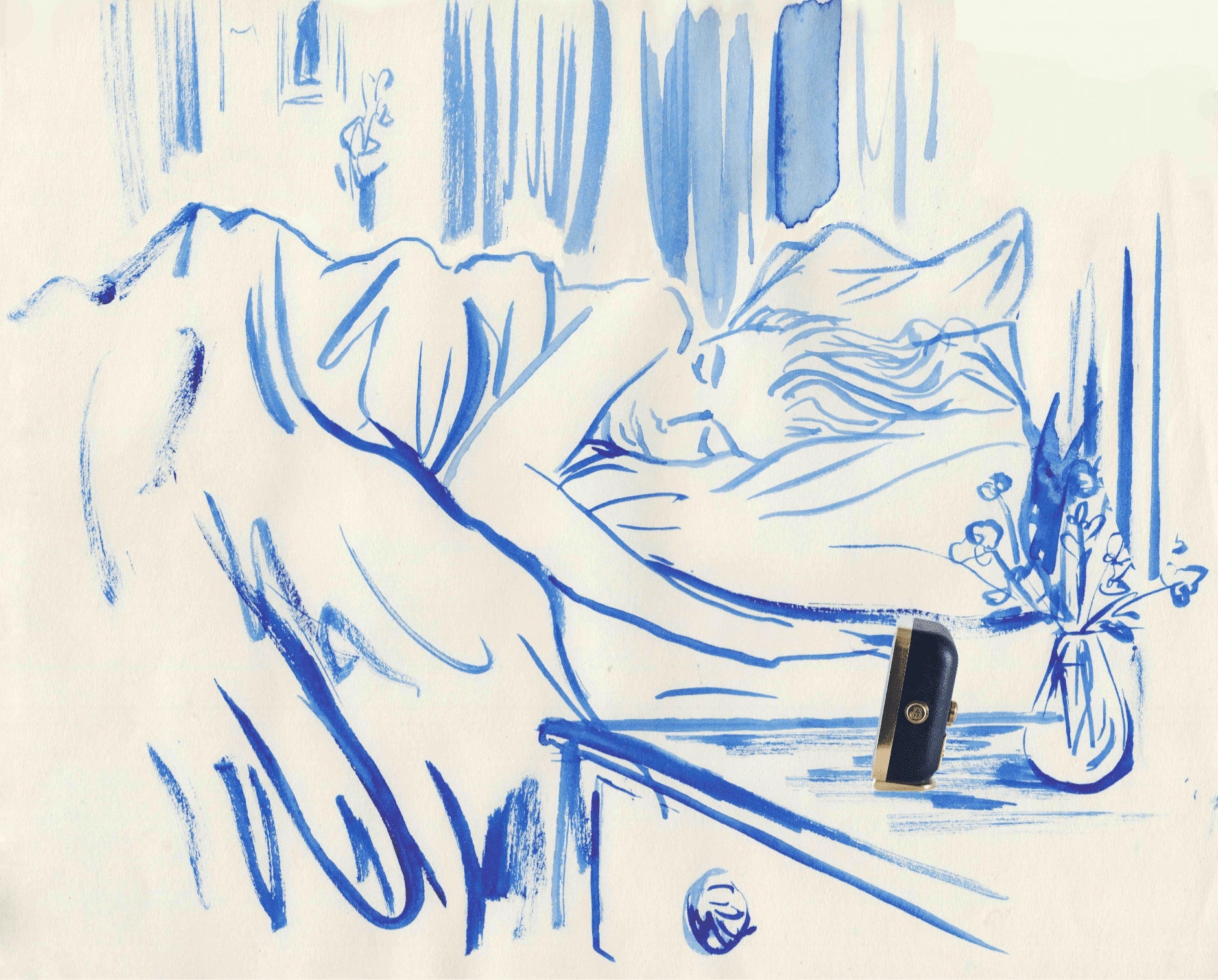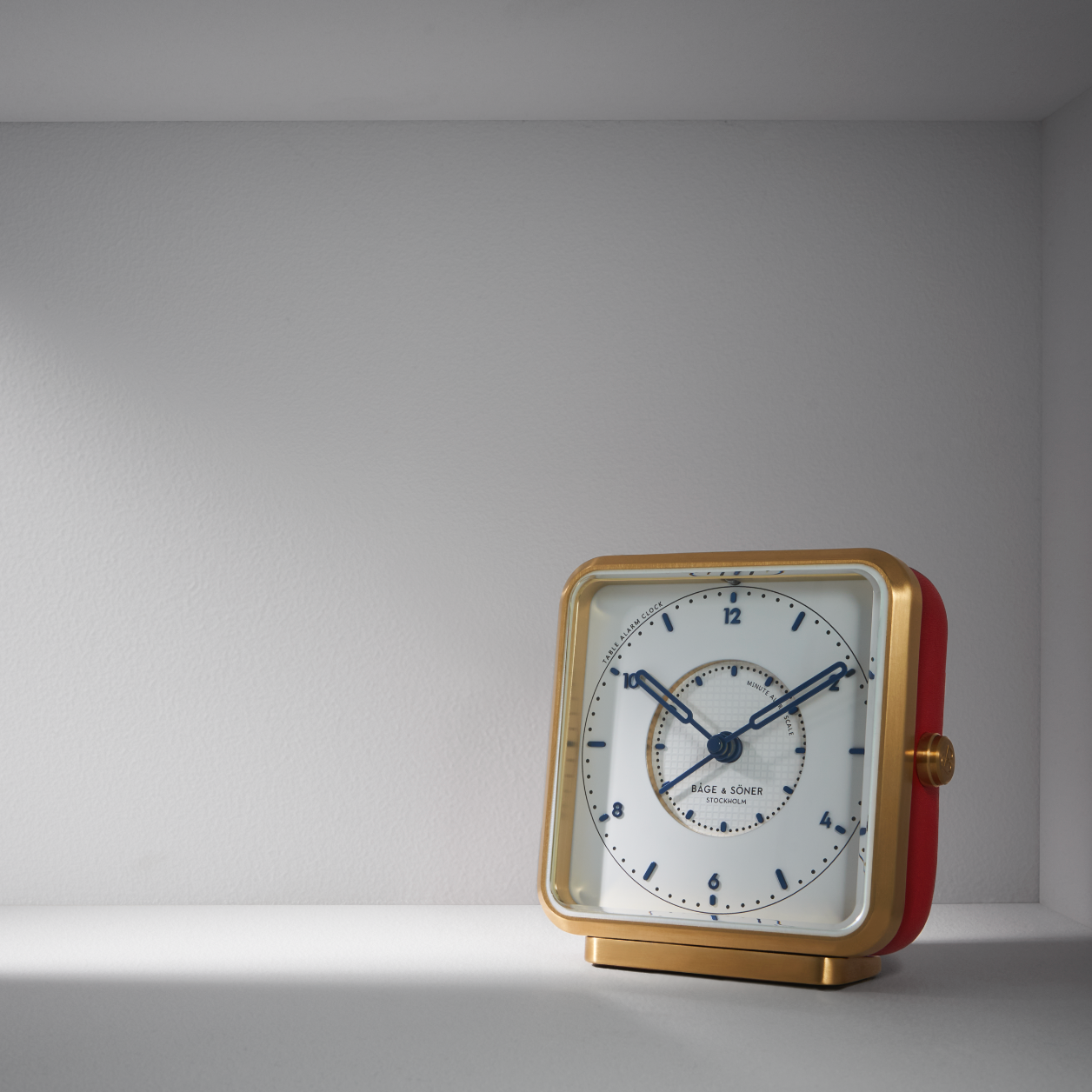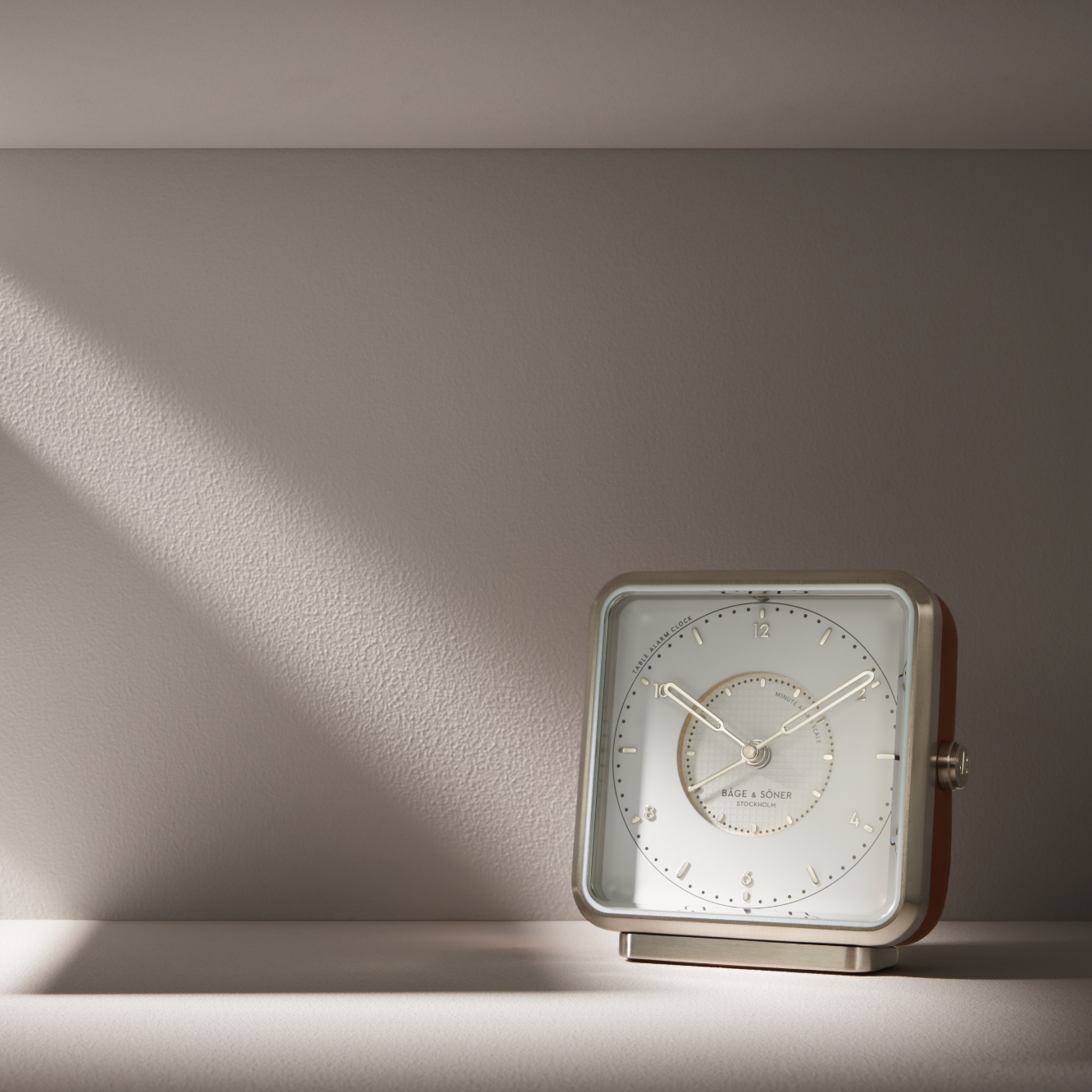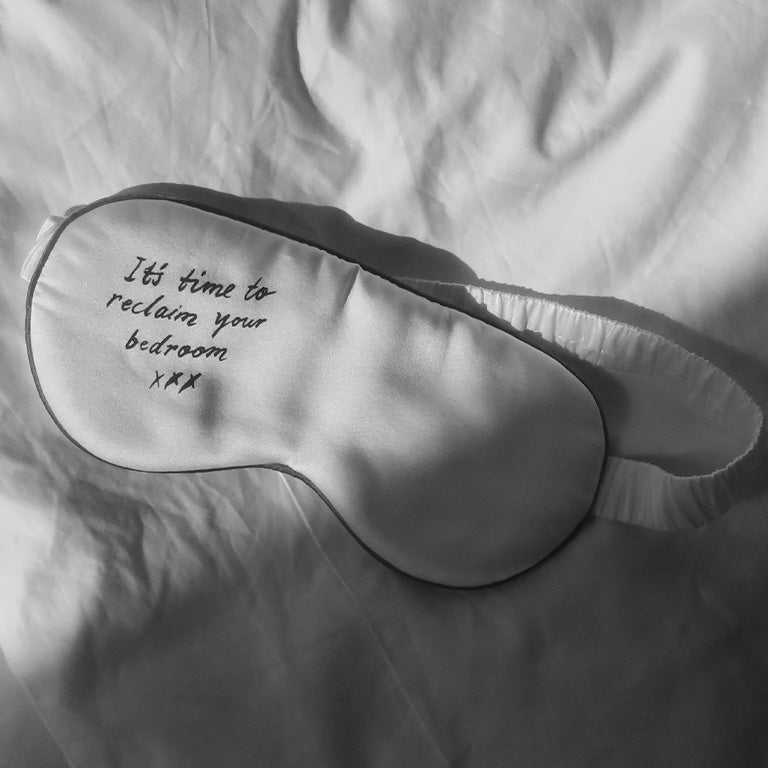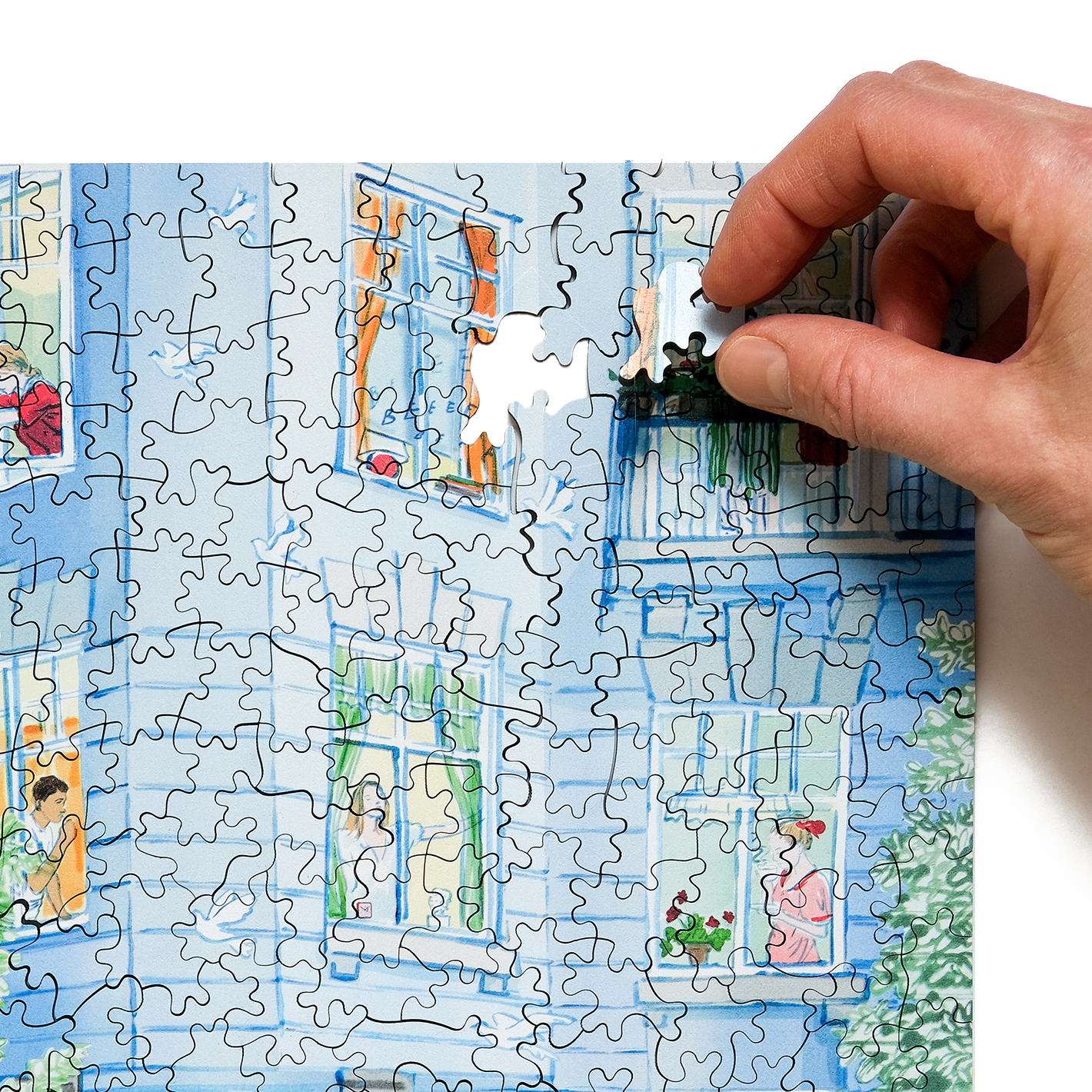Three Step Bedtime Routine
These simple steps can help you enjoy peaceful, undisturbed nights and achieve the restful recovery your body needs. While we can't always control stress, there are effective strategies to improve your sleep. Get inspired to reclaim your bedroom and protect your rest.
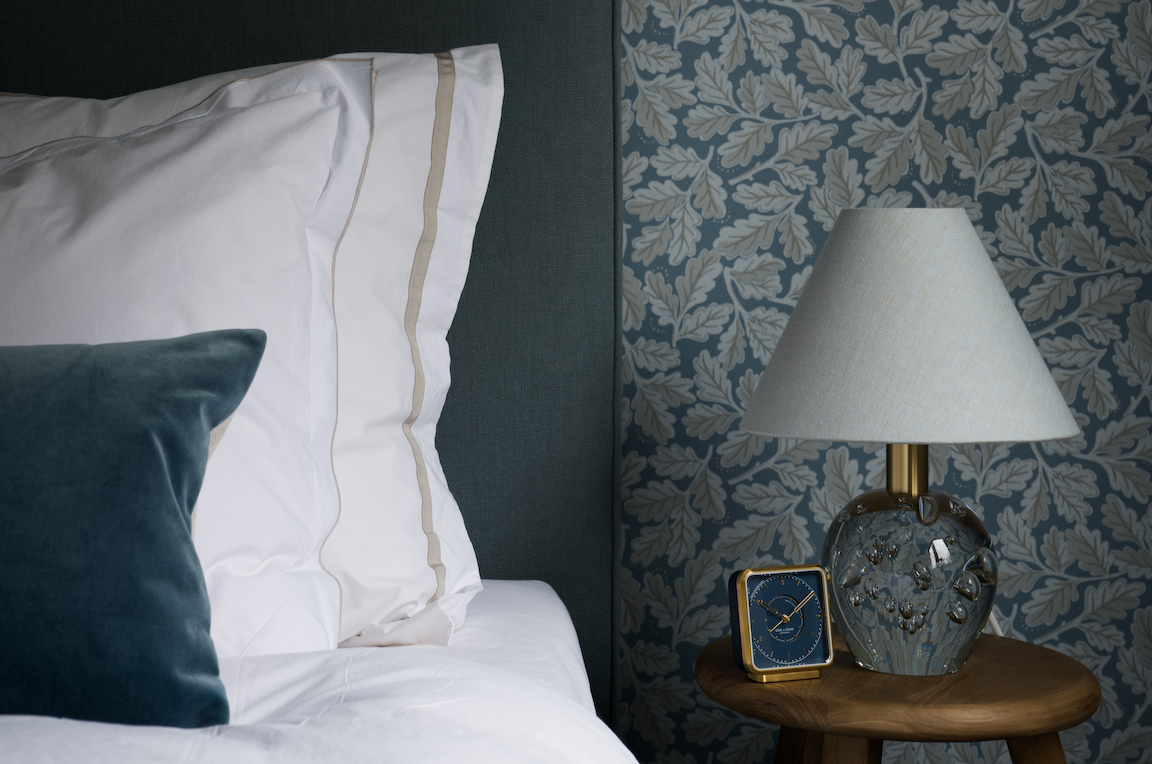
1. Create a room to long for
Create a relaxing bedroom atmosphere by using crisp duvet covers, smoothing the sheets, fluffing the pillows, adding a book for evening reading, and letting in fresh air to maintain a cool, comfortable sleeping environmen
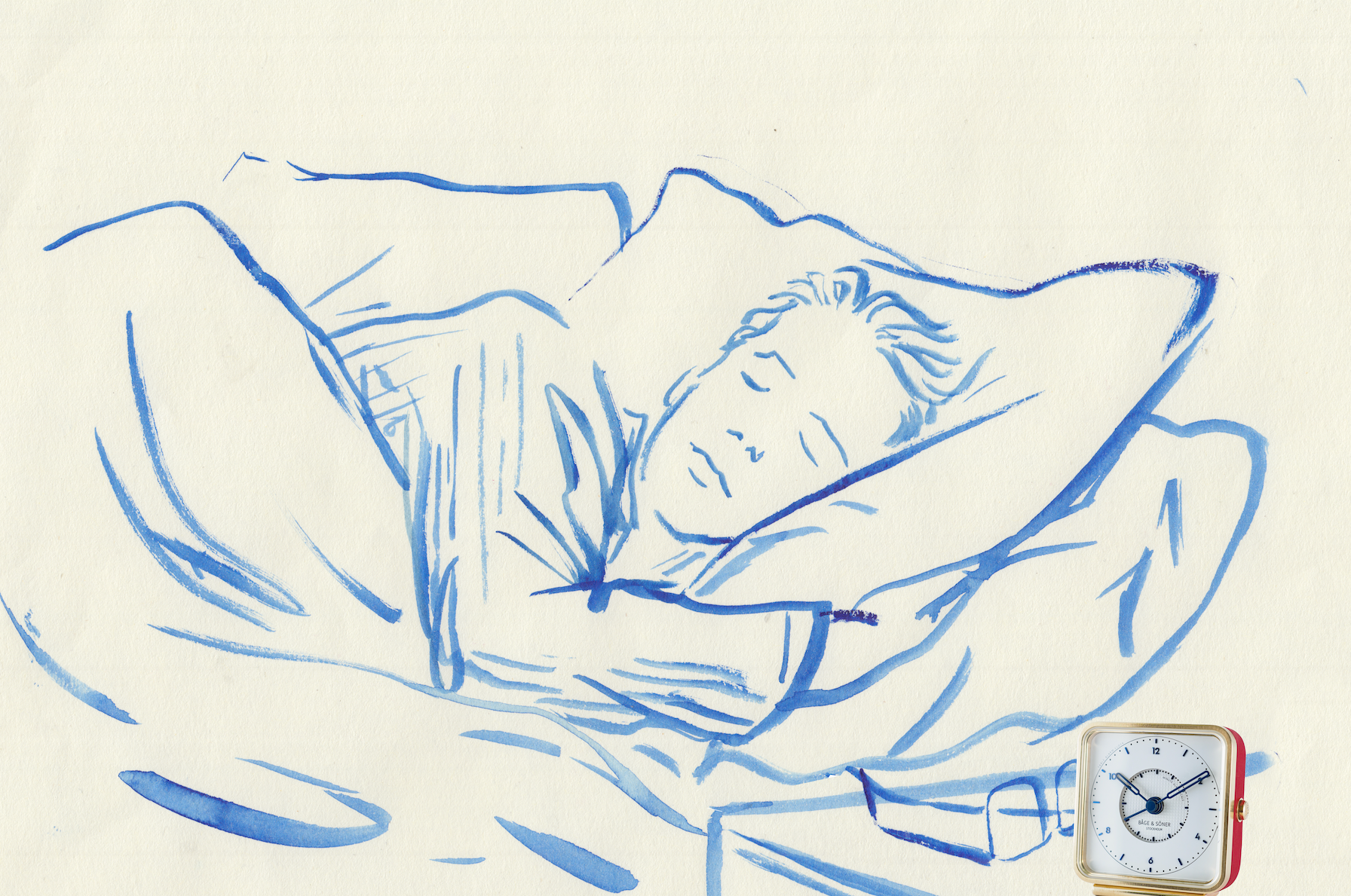
2. Create bedtime routines
View sleep as a multi-step process. Start by placing your phone in another room to avoid blue light, which disrupts melatonin production. Use an alarm clock instead of your phone to improve sleep quality and add a touch of aesthetic charm.
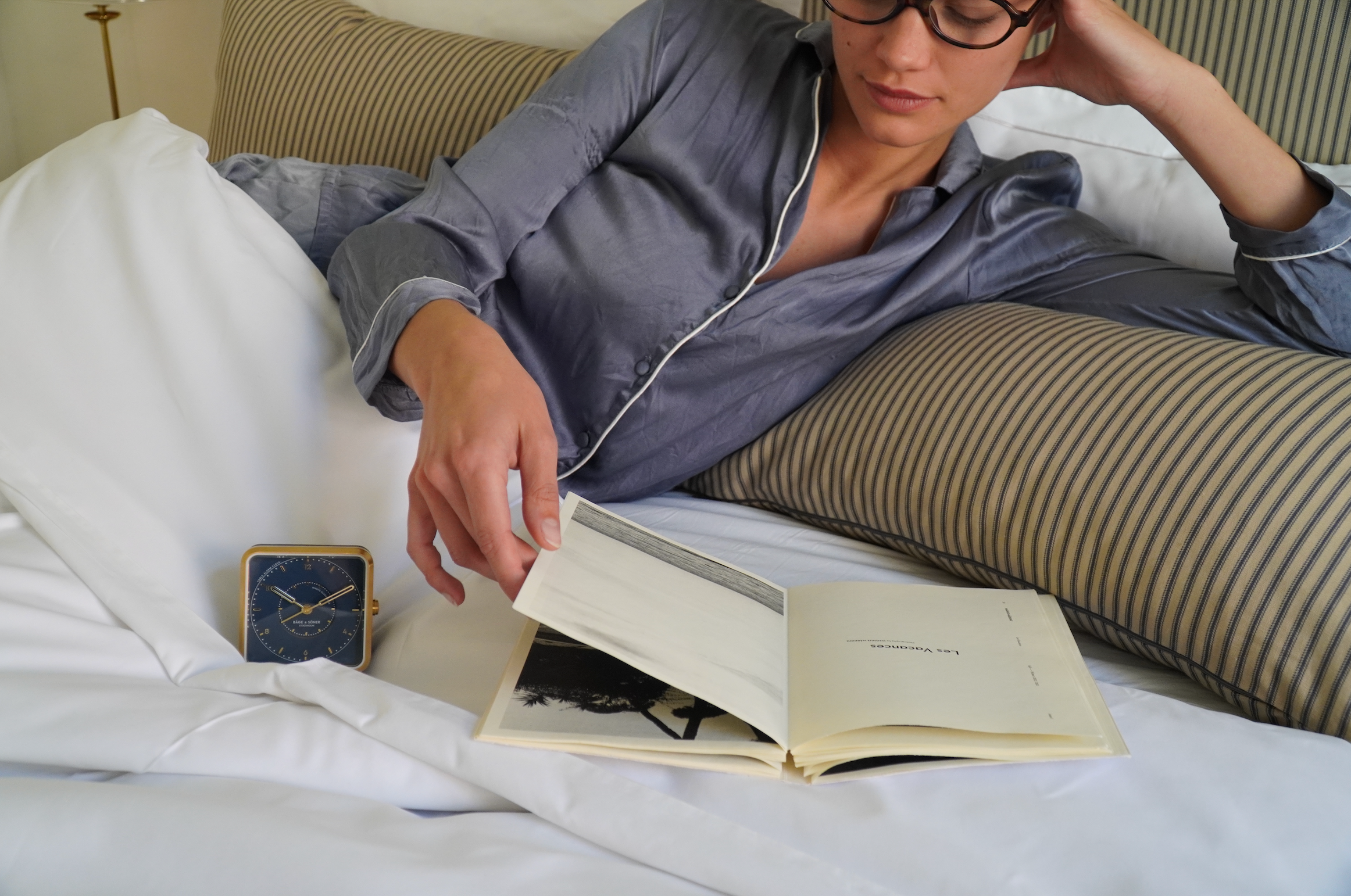
3. Create a Digital free bedroom
Eliminating your phone from the bedroom in favor of an alarm clock offers a peaceful morning without instant news and messages. Keep a notebook and a pen nearby to jot down thoughts or daily reflections, fostering calmness and gratitude.
Reclaim your bedroom and protect your sleep
Most people agree that sleep is essential, but why exactly? Here’s what research shows about the importance of prioritizing a good night’s sleep—and the effects of disturbed rest.

The Importance Of Sleep
Swedish psychiatrist Anders Hansen highlights the vital role of exercise, social connections, and sleep in maintaining well-being. He points out that, due to our brains' evolutionary design, having a cell phone in the bedroom disrupts sleep by demanding our attention. Hansen personally follows the practice of using an alarm clock for undisturbed rest.
Sleep is essential for both physical and mental recovery. According to Sweden’s 1177 Vårdguiden, it activates our immune system, regulates hormones, and reduces stress. Adequate sleep lowers the risk of diseases like cardiovascular issues, type 2 diabetes, and depression. It also helps maintain a healthy weight by influencing the brain's satisfaction and hunger centers.
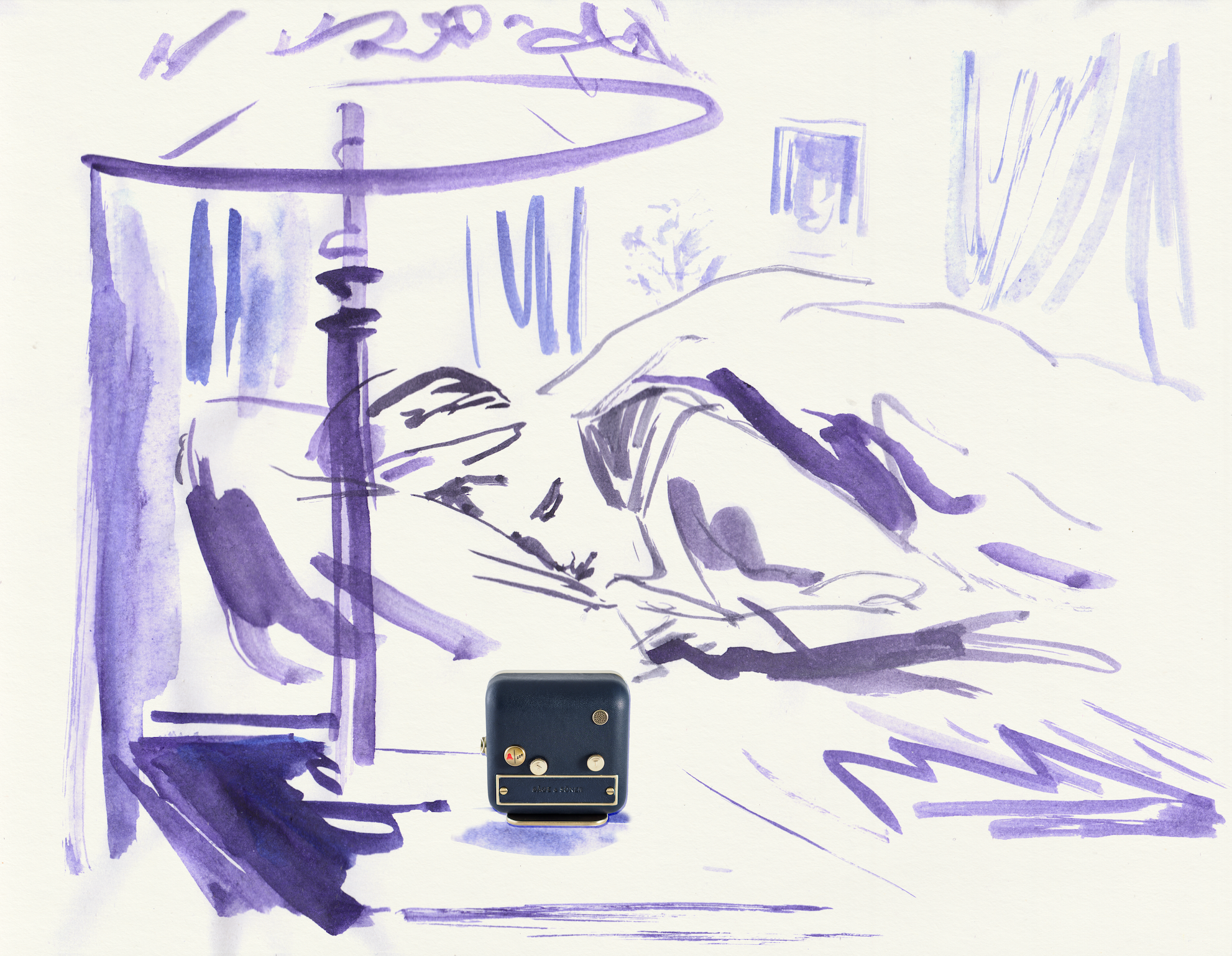
Lack Of Sleep Can Cause Brain Damage
While a single night of poor sleep isn’t harmful, ongoing sleep deprivation or disturbances can have serious health consequences. Christian Benedict, a researcher at the Department of Neuroscience at Uppsala University, notes that prolonged poor sleep can impair memory and increase the risk of brain diseases like Alzheimer’s.
Short-term sleep issues also pose risks, as highlighted by Torbjörn Åkerstedt, professor of psychology at Karolinska Institutet. His research shows that severe sleepiness can impair our functioning to the same extent as alcohol, creating significant dangers, especially when driving or operating machinery.
FIVE TIPS FOR BETTER SLEEP
1. Exercise
Regular physical activity reduces stress and improves sleep. Just be sure to finish intense exercise at least three hours before bed.
2. Stick to a Routine
Establish consistent bedtimes, ideally at the same time each night, to regulate your sleep cycle.
3. Avoid Caffeine and Alcohol
Steer clear of coffee and alcohol before bed. A soothing cup of herbal tea can help, but keep it small to avoid disrupting your sleep with a full bladder.
4. Relaxation Techniques
If you struggle to fall asleep or wake up during the night, try getting up and doing a calming activity instead of tossing and turning. Relaxation exercises can help you drift back to sleep.
5. Use an Alarm Clock
Transform your bedroom into a sleep-friendly sanctuary. Keep electronics like TVs, phones, and tablets out, turning them off well before bedtime. Use an alarm clock instead of your phone to avoid distractions.

